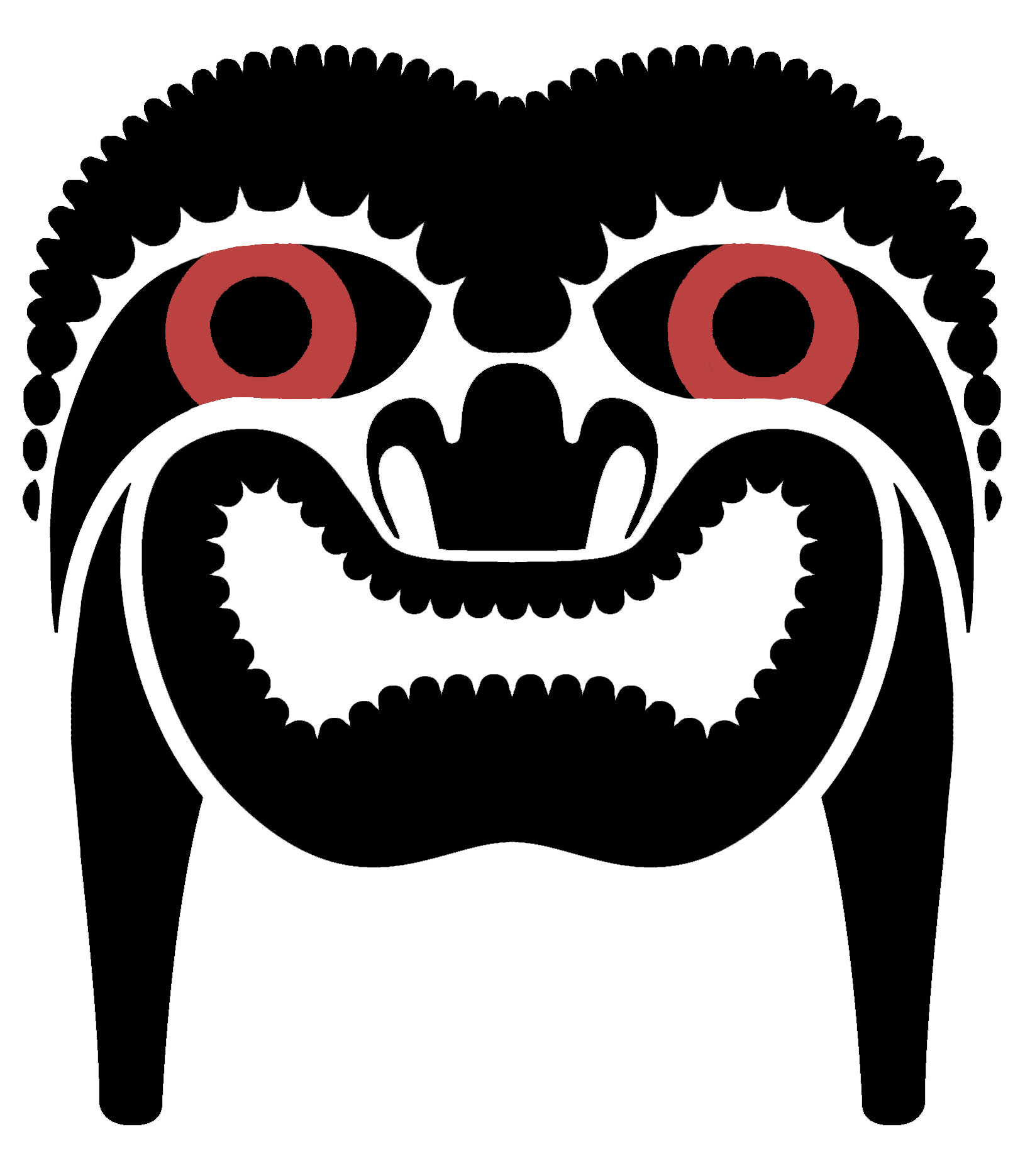Sama Dilaut (Tawi-Tawi)
The Sama Dilaut (more often known as the Bajau or Bajau Laut) are one of the ethnic groups of Southeast Asia known as the 'Sea Gypsies'. Linguistically, they are a subset of the Sama ethnic group of the Southern Philippines, most of which are settled and heavily Islamised. Historically, the Sama Dilaut ('Sama of the Sea') have been distinguishable from other Sama on the basis of their maritime mode of life and lesser degree of Islamisation. Today, virtually all Sama Dilaut are mainstream Muslims, and most are settled. However, the Sama Dilaut of the Tawi-Tawi islands maintained their traditional religion and lifestyle until the 1970s.
Re: Ethonyms applied to this group:
"From the time the Sama Dilaut first appeared into the literature, confusion has reigned regarding their name. Their autonym is 'Sama' and if they need to distinguish themselves from the shore-dwelling Sama people, they call themselves 'Sama Dilaut' ('Sama of the Sea'). In eastern Borneo, other people call all Sama people 'Bajau' and the Sama Dilaut are called 'Bajau Laut' ("Bajau of the sea"). 'Bajau' is apparently an Indonesian name name for boat-dwelling people that was transferred to the Sama people in Borneo, both land-dwelling and boat-dwelling. In the Sulu Archipelago, 'Bajau' is commonly used by outsiders for the Sama Dilaut, but not for other Sama people. The earliest visitors to Sulu referred to the Sama Dilaut as 'Bajau' and that name became established in the ethnographic literature for the full-time and part-time boat-dwelling Samal of Sulu. I followed that tradition and referred to the Sama Dilaut as 'Bajau' in previous publications. I was always uncomfortable about doing so and in recent years have become increasingly so ... It is time for 'Sama Dilaut' to become established in the ethnographic literature as the name for the sea-dwelling Sama people of the Sulu archipelago and eastern Borneo." (Nimmo, 2001, pp 1-2)
- Traditional Culture (1965)
-
Isolation
-
Physical Environment
-
Social Environment
-
Subsistence and Economy
- Post Contact History (1965-2014)
-
Religious History
-
Secular History
| Question |
Response |
Source |
| Replacement-level immigration |
High (Replacement-level immigration occurred. At one time or another during the post-contact period the immigrant culture had a population size more than 100% of that of the indigenous population.) |
Nimmo 2001: 218; Nimmo 1990: 196 |
| Foreign government systems |
Present, and of high importance (At one time or another during the post-contact period the culture was subject to a foreign government system that controlled most important decisions.) |
Nimmo 2001: 213; Nimmo 1990: 196 |
| Question |
Response |
Source |
| Changes in means of subsistence |
Medium (Principal and major means of subsistence have changed from their indigenous states (e.g. through gain or loss of major and / or principal means of subsistence), but at least one of the major or principal means of subsistance has persisted.) |
Nimmo 2001: 227 |
| Exportation of goods to other cultures |
Present and substantial (At one time or another during the post-contact period, exports were a primary focus of economic activity for over 10% of the population.) |
Nimmo 1965: 227 |
| Question |
Response |
Source |
| Vehicles and roads |
Present and widely used (At one time or another during the post-contact period, motor vehicles were used by a substantial proportion of the population.) |
Nimmo 2001: 220-221 |
| Air travel |
Present and long-distance (At one time or another, most members of the culture had access to international air travel.) |
Nimmo 2001: 220 |
| Sea port |
Present (At one time or another during the post-contact period most members of the culture had access to a sea port.) |
Nimmo 2001: 221, 227 |

